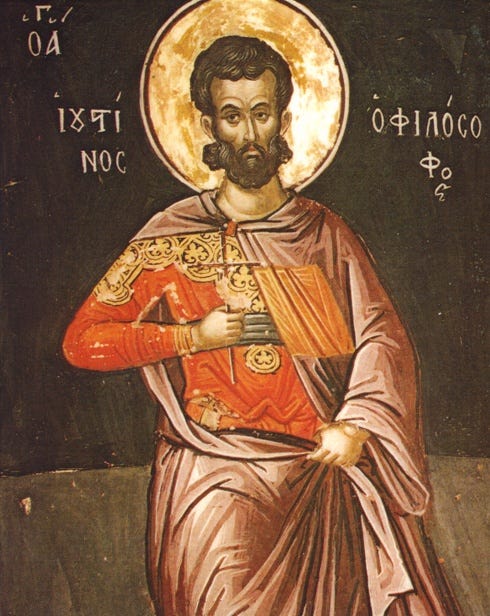Christian Humanism
A Very Short Explanation
Christian Humanism can be understood as a synthesis of biblical theology and classical humanism. Christian Humanism predates secular, atheistic humanism which has borrowed the term and some of its effects, cut-flower. Christian Humanism acknowledges that even though not all human beings are Christians, all human beings are created imago Dei, possess common grace, and are therefore creatures of immense worth, dignity, reason, and responsibility.
Christian humanism is not man-centered but incarnationally centered. That is, the Incarnation affirms the dignity of humanity and God’s lovingkindness toward him. And, while man is not the measure of all things, he is in the middle of all things—higher than the beasts and a little lower than the angels.
Finally, Christian humanism acknowledges that Christ is the ideal human, and in him, we recover the fullness of our humanity. Therefore, Christian Humanism seeks to recover and restore a vision of human flourishing under the lordship of Christ, integrating faith, reason, and the moral imagination.
Yet, rooted in the tradition of Augustine, Boethius, Dante, Erasmus, and C. S. Lewis—thinkers who saw that truth, goodness, and beauty are coherent in Christ and accessible through a disciplined and grace-informed intellect—Christian Humanism is not sectarian, nor does it hold a vision of Christian Dominionism that is spiritually or politically coercive; it is a gracious and irenic tradition, seeking the peace and welfare of the city of man with an eye toward the common good of all.



